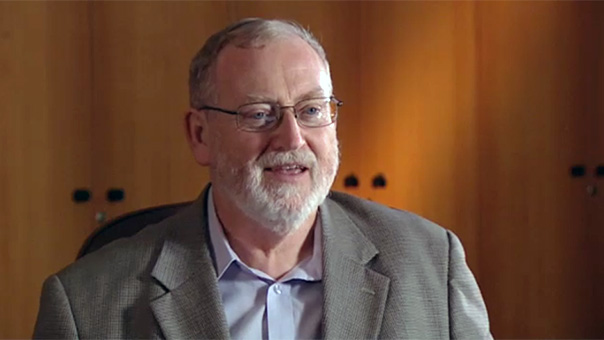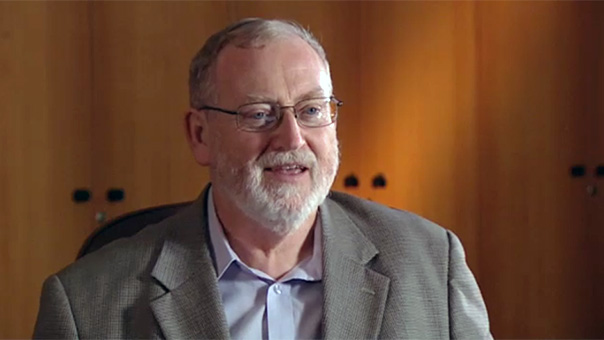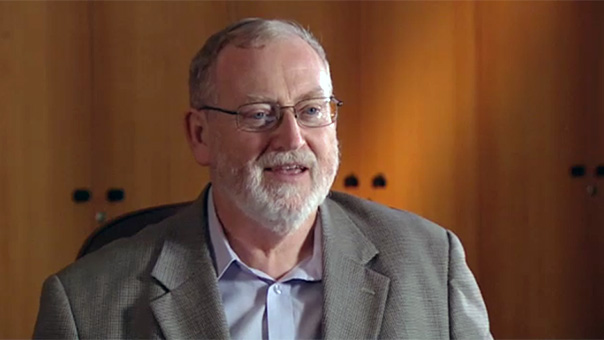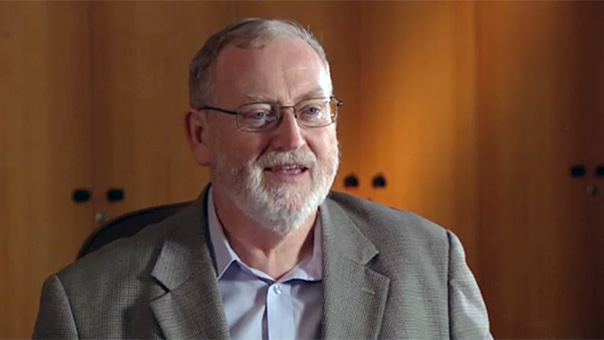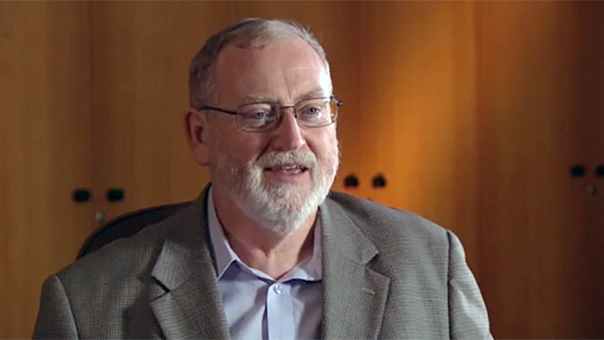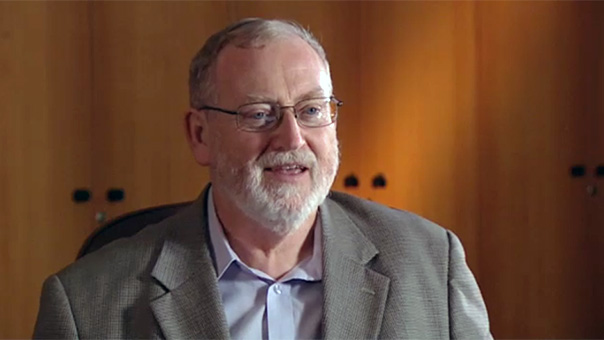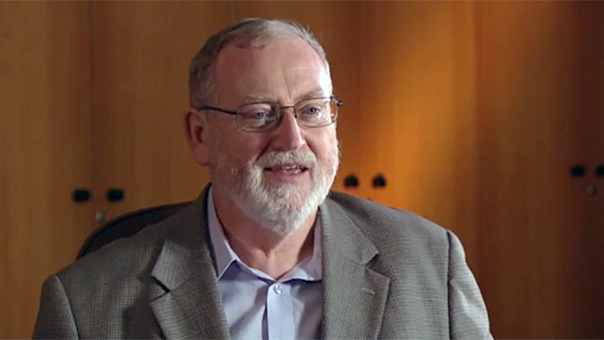6. Writing for economics
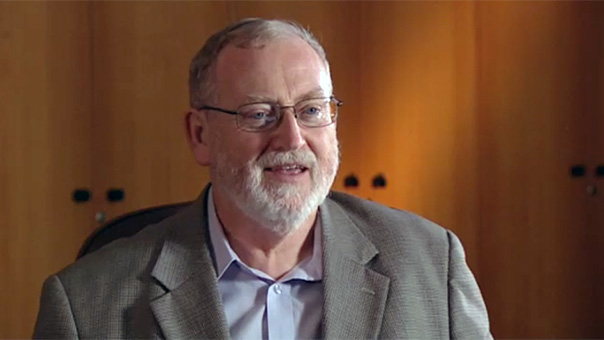
Viewing guide
Reflect on your own writing style. Compare how you write for economics and for another subject.
-
Do you plan your reports in the same way?
-
When do you conduct your research and collate the information you need for the report?
Discuss this with your class.
Listen to and take notes on the guidance or tips that Gittins provides to economic students when writing about economics.
-
What tips does Ross Gittins give for communicating about economics?
-
How could those tips apply to other types of writing?
-
Should you avoid studying economics if you’re not good at maths?
Use resources from NESA Stage 6 Economics syllabus to assist students on writing their reports.
Look at past sample responses and identify the key attributes of their papers. Highlight these key features and include them in the overall formatting of your own report.
John Pierce: Do you have any guidance or tips that you would give to economic students about, you know, when it comes to writing about economics? Things to keep in mind?
Ross Gittins: The most important thing to remember, there are lots of things but the most important single thing to remember is: don't skip steps in the argument. Economists think it's all obvious and clear and they keep jumping steps. And every time an economist jumps a step in the argument, he loses, or she loses part of the audience. If you're spelling something out, go through all the steps.
Don't be afraid to say the obvious because what's obvious to you may not be obvious to other people, and in any case, people like the obvious. Economists are afraid, lots of people are afraid that if I state the obvious, I'll be offending your intelligence. It doesn't actually work like that. People like you to say things that they know and have always believed. It makes them feel comfortable. They say, 'Yes, I understand that. Take me somewhere further.'
John: There appears to be a perception I think, at least amongst some high school students, that economics is the sort of subject you do if you're good at mathematics. How important have you found mathematics in your understanding of economics? How relevant is it?
Ross: For me, not terribly. Fortunately I went to university before there was a lot of maths in the course. And I wouldn't say that I'm terribly up with all the maths. Economics has become a lot more mathematical. I'd say that you don't need it to do economics at high school. Economics at high school is about words and understanding and the maths involved is just a bit of arithmetic. I have to say that when you do economics at university, there is a fair bit of maths, a fair bit more maths as each year passes.
